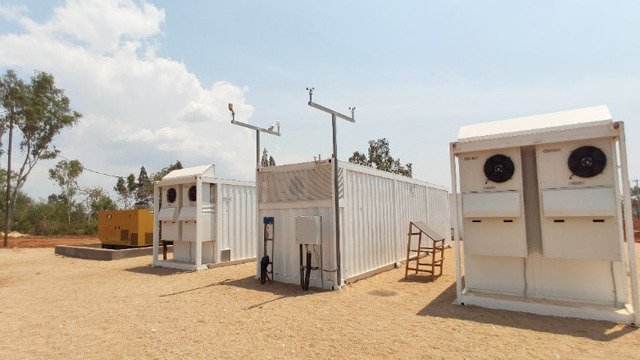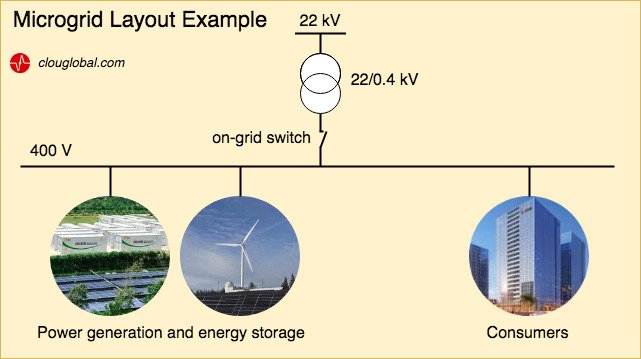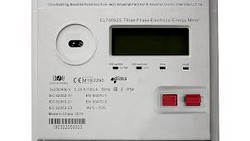The energy sector is going through a period of global transformation. A shortage of fossil fuels is developing as a result of the significantly rising demand for energy, which is requiring the decrease of greenhouse gases on the one hand and the rapid climate change on the other. Concepts for decentralized energy supply based on renewable energy sources can significantly help with these issues.
Distributed energy resources (DER), which are constructed close to users, aim to increase the efficiency and security of the energy supply with the usage of renewable energies. For this, the systems must be designed with objectives in mind. An ideal supply concept therefore requires the most thorough understanding of the local demand for power and heat relative to the central supply. Decentralized supply can come in many forms and can supply anything from a community or village to vast metropolis areas. Load profiles can be used to estimate the demand for power.
While a single customer's load profile includes high demand peaks, combining the load profiles of numerous customers results in uniformity. Overall, the collective's DER supply, particularly one that includes a mix of homes, offices, and businesses, has benefits.
Closed de-central supplied areas, which are connected to the public grid in normal operation by defined interfaces, can be operated virtually independently of the grid with the right technical tools.
Such self-containing sub-grids are also called microgrids. Via a central energy management system, decentralized generation plants can also be bundled and supplemented with operating and monitoring functions in such a way that they form a so-called virtual power plant.

What are the advantages of a microgrid?
- The microgrid's adjustable power sources and energy storage devices can smooth out the fluctuations in renewable energy production, enhancing the quality of the power.
- A microgrid's capability to operate in either grid-connected or island-mode is a fundamental characteristic. The microgrid exchanges electrical energy with the large-scale power system when it is operating in grid-connected mode.
- Energy service providers can supply electricity in isolated areas without the requirement for connectivity to long distance transmission lines thanks to the microgrid's ability to operate entirely independently. This opens up a new area for commercial activity and benefits the country's infrastructure and the people.
- Microgrids can increase grid resilience by offering backup power in the event that the main grid is disrupted.

Typical Use Cases for Micro-Grids
Increasingly, microgrids are being used to provide power for remote or underserved communities, campuses, military bases, commercial and industrial facilities, and other critical infrastructure. Some additional examples:
- Hotels and recreation facilities at remote beaches or on islands, where a power company would never invest in an on-grid connection
- Mining companies in the outback
- Hospitals and other critical infrastructure relying on a continuous power supply, especially in countries with excessive load shedding
- General grid stabilization on utility distribution level
Takeaway
A microgrid is a scaled-down electric grid that only covers a small geographic area. It is considered as a possible solution for the issue of renewable energy sources with variable output, like solar and wind. Microgrids can be used to provide power to a single building or a group of buildings, and can be designed to be disconnected from the main grid in case of an emergency. The main advantage of a microgrid is that it can be used to store energy.
We have a wide range of products and a long experience in microgrids. This includes metering with import- and export measurement, as well as inverter/converter technologies and energy storage. Beside of turn-key solutions, we also deliver various components to our customers.
Leave us a comment if you are already using microgrids. If you have specific questions, drop us a message.
Thank you for reading and stay safe.
Editor's note: This article was originally published in September 2022 and has been updated for comprehensiveness.





All comments are moderated before being published. Inappropriate or off-topic comments may not be approved.